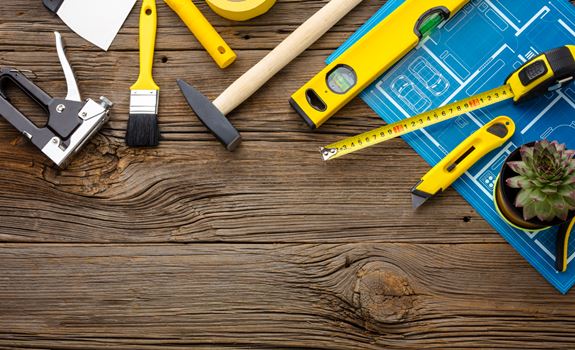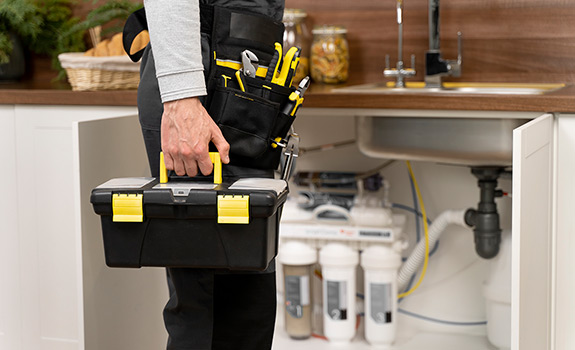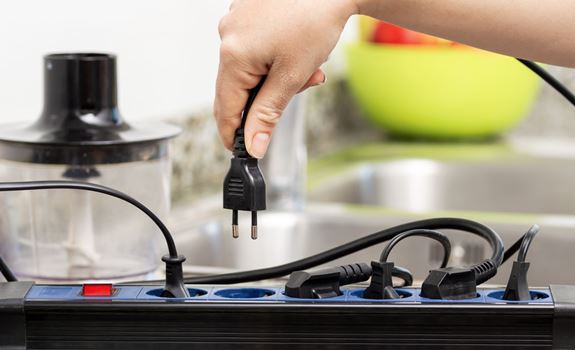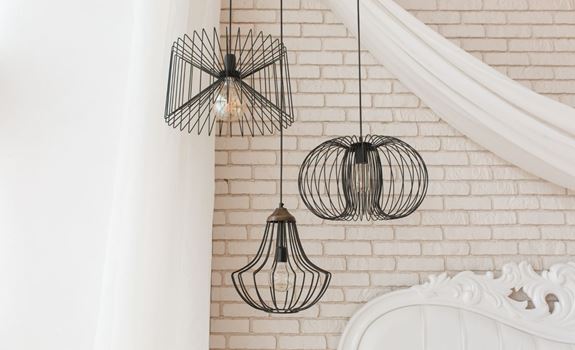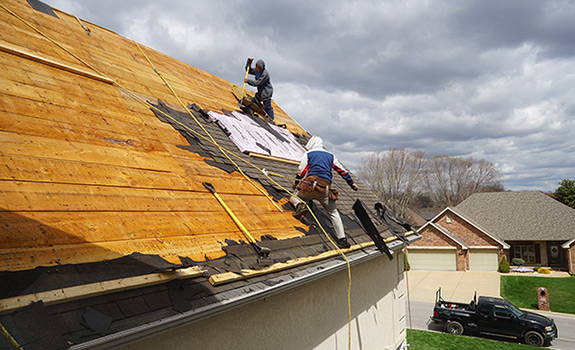Buying a used car can be an excellent way to save money, but when it comes to your next home, buying a used one poses a greater risk. If you’re currently about to invest in a residential property, you’ll want to be sure there’s no chance you’ll run into a costly problem after signing the papers.
Here are a few things you must look for before purchasing a used home.

Avoid the Risk of Used Properties
Alongside the advice you’re about to read below, one of the best tips you’ll ever get when considering a used home is to hire an expert to thoroughly inspect the property on your behalf. That said, there are some severe problems that older homes may contain that even the most experienced professionals cannot find without pulling down a few walls.
If you want a guarantee that you aren’t about to walk into a money pit, the only real way to be sure is to buy a new home. Instead of searching listings and visiting potential properties for months, you can find move-in ready homes for families that contain everything you’re looking for and will be sure to be free of unexpected problems. On the other hand, if you’re curious to inspect a few examples for potential issues, here are a few dangers you should watch out for:
Lead Paint and Asbestos
There’s no use in sugar-coating a dangerous problem, so the best place to start considering dangerous problems in old homes is the worst-case scenario. Any home older than the 1980s could contain asbestos, and any home older than 1978 could have lead paint. If you buy a home that contains lead paint or asbestos, you could be making a mistake that exposes you and your family to dire health risks.
When inhaled, lead paint is poisonous to any person, but children are at the most significant risk since their bodies are more sensitive to toxins. On the other hand, asbestos is a killer that can linger in your body for many years undetected. Asbestos can lead to health issues like lung cancer, mesothelioma and other significant problems if inhaled.
The bottom line with hazardous materials like lead paint and asbestos is that you don’t want to be anywhere near them, and you don’t want to expose any family members to them. Removing these materials from an old home is dangerous and should only be performed by a professional.
If you try to remove asbestos or lead paint alone, you’ll risk exposing your lungs to them. If these dangers are not enough to prevent you from buying an old fixer-upper, here are some other situations you should consider.
Insulation
It is likely that most resale homes will not be insulated to the level required by the latest building codes. As time goes on, poorly insulated homes will become obsolete.
Electrical Wiring
There are several types of older electrical wiring that are not considered safe by today’s standards and must be removed from older homes. If your home contains knob-and-tube wiring or aluminum wiring, it presents a serious risk of electrical fires.
Due to this reason, you will likely have trouble getting your property insured. As a result, you’ll need to undertake the lengthy and expensive process of having the majority of your electrical system replaced.
Water Damage and Leaks
If a home has sustained water damage in the past, it will be prone to problems that are expensive to repair, such as mould. In addition, the water damage that is caused by a leaky roof could be an indication of an ongoing problem.
Often leaky roofs are resistant to repairs, even those undertaken by professionals. In such cases, your only recourse may be to replace the entire roof of your home.
Foundation Problems
One of the most common problems that experts watch for when inspecting a home for resale is foundation problems. While the foundation of a building may be its more durable feature, it can be susceptible to damage over time, given the weather, the movement of the earth or other factors. Besides visible cracks in the foundation, one strong indication that the foundation of a house has shifted are doors and windows that no longer open and close properly.
If a home’s foundation has become damaged, this poses a significant structural problem for the homeowner. In most cases, you are better off avoiding the purchase of any building with a damaged foundation rather than attempting to repair it. Here are a few tips on how to maintain your home’s foundation.
If you invest in a home that’s in poor shape and requires endless repairs, you could end up in a situation where you’ll spend much more in the long term in comparison to the small amount you save today. Talk to a new home builder to find out about the alternatives to taking a risk when you buy your home.
Your New Designs Won’t Be Outdated
New homes increasingly have features like 9’ or 10’ ceilings, open kitchens, great room designs and popular bungalow living. Also, covered patios are becoming a “must haves” for many buyers.
On balance, it is often better to buy a new home that has these features than attempt to convert an older home.
Published in: Home advice | Author: Yanita



